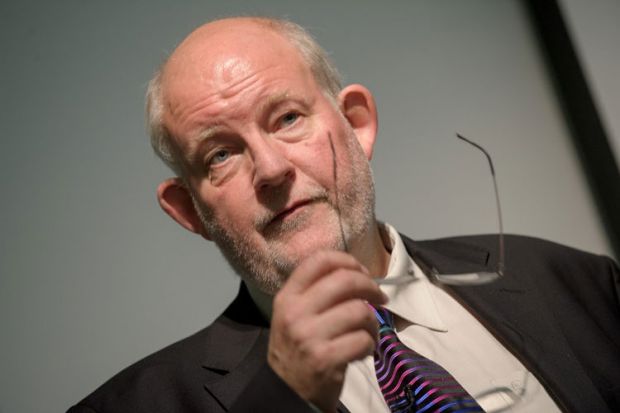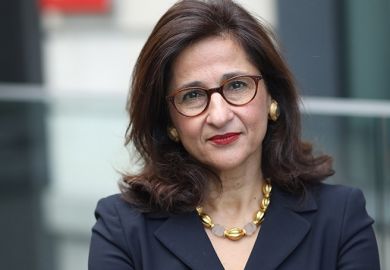Charles Clarke, who oversaw higher education while he was education secretary between 2002 and 2004, said any policy that lowered the tuition fee cap was risky and could lead to major job losses within higher education.
Speaking at London Metropolitan University on 20 November, Mr Clarke said the move – which has been under consideration by Labour for some months, but not officially adopted – would be “completely unsustainable”.
“You could cut it from £9,000 to £6,000 if you, in addition, put the £2.5 billion in to cover the gap,” he told London Met’s alumni association at an event to mark the 10th anniversary of the university’s Graduate Centre, which was designed by acclaimed architect Daniel Libeskind and opened by Mr Clarke.
“If you don’t put [in] the £2.5 billion to cover the gap, you’ll find there will be significant cuts in terms of the staffing levels and basic facilities which are essential to a high-quality education,” he said in remarks issued by the university in a press release.
He instead recommended that the salary threshold at which graduates start paying back their loans should be reduced (it is currently £21,000).
Mr Clarke, who introduced top-up fees of £3,000 while in office, also warned the sector that it could not rely on recruiting more international students to solve its funding problems.
He said the upward trend in international student recruitment is “unsustainable” because many governments across the world are keen to retain the best and brightest students to study at locally based institutions.
Mr Clarke also supported concentrating research funding on a small number of institutions, disputing the perceived link that quality research led to quality teaching and claiming that some institutions’ research output was funded in part by students’ fees.
He also made a call to reverse the abolition of the Education Maintenance Allowance (EMA) which he called “one of the saddest changes” in education since 2010.
He said EMA encouraged many people to continue into further education and helped to increase the diversity of students entering higher education.
Register to continue
Why register?
- Registration is free and only takes a moment
- Once registered, you can read 3 articles a month
- Sign up for our newsletter
Subscribe
Or subscribe for unlimited access to:
- Unlimited access to news, views, insights & reviews
- Digital editions
- Digital access to THE’s university and college rankings analysis
Already registered or a current subscriber? Login




